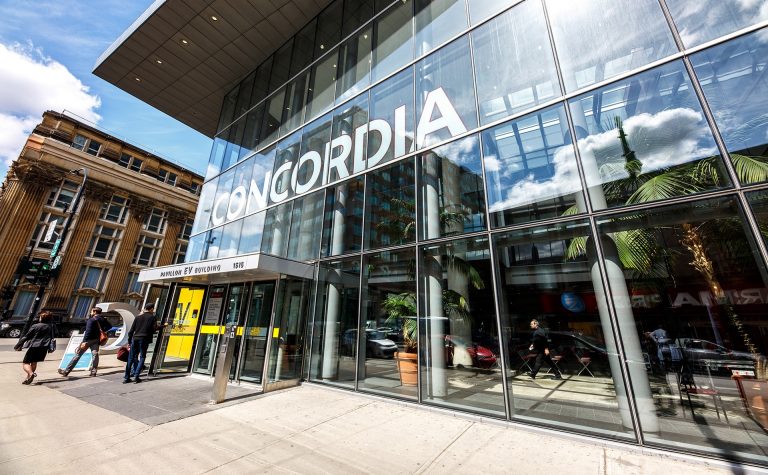The Master of Arts (MA) program in Drama Therapy, Creative Arts Therapies at Concordia University is designed to provide students with the knowledge and skills to use drama and creative arts in therapeutic settings. The program combines theoretical knowledge with practical training to prepare students for a career in drama therapy and creative arts therapies. Here's a general overview of what you might expect in the curriculum:
Core Courses: The program typically includes a set of core courses that cover foundational concepts and theories in drama therapy and creative arts therapies. These courses may include topics such as principles of drama therapy, theories of human development and psychology, therapeutic techniques and approaches, group dynamics, and ethical considerations in therapeutic practice. The core courses provide a solid foundation in the principles and practices of drama therapy.
Drama Therapy Techniques: The program will focus on the application of drama techniques in therapeutic settings. You will learn various drama therapy techniques such as role-play, improvisation, storytelling, and performance-based interventions. These techniques help facilitate emotional expression, personal growth, and psychological healing within individuals and groups.
Creative Arts Therapies: In addition to drama therapy, the program may also cover other creative arts therapies, such as art therapy, music therapy, dance/movement therapy, or expressive arts therapy. This interdisciplinary approach allows you to explore the use of multiple art modalities in therapeutic practice and gain a broader understanding of creative arts therapies.
Clinical Training and Practicum: The MA program typically includes clinical training and supervised practicum experiences. You will have the opportunity to gain hands-on experience working with clients under the supervision of experienced drama therapists or creative arts therapists. This practicum component allows you to apply your theoretical knowledge and develop practical skills in a clinical setting.
Research and Capstone Project: The program may include research components that involve conducting scholarly research related to drama therapy or creative arts therapies. You may be required to complete a research project or a capstone project that demonstrates your ability to apply research methods and contribute to the field of drama therapy.
Professional Development and Ethics: The program may also include courses or workshops focused on professional development, ethics, and professional practice standards in drama therapy and creative arts therapies. These courses help prepare you for ethical decision-making, professional responsibilities, and understanding the legal and ethical guidelines within the field.
It's important to note that the specific curriculum and course requirements may vary based on the program's offerings and updates. It's recommended to consult the official Concordia University website or contact the university's department of creative arts therapies for the most up-to-date and accurate information regarding the MA program in Drama Therapy, Creative Arts Therapies.
Show less 



